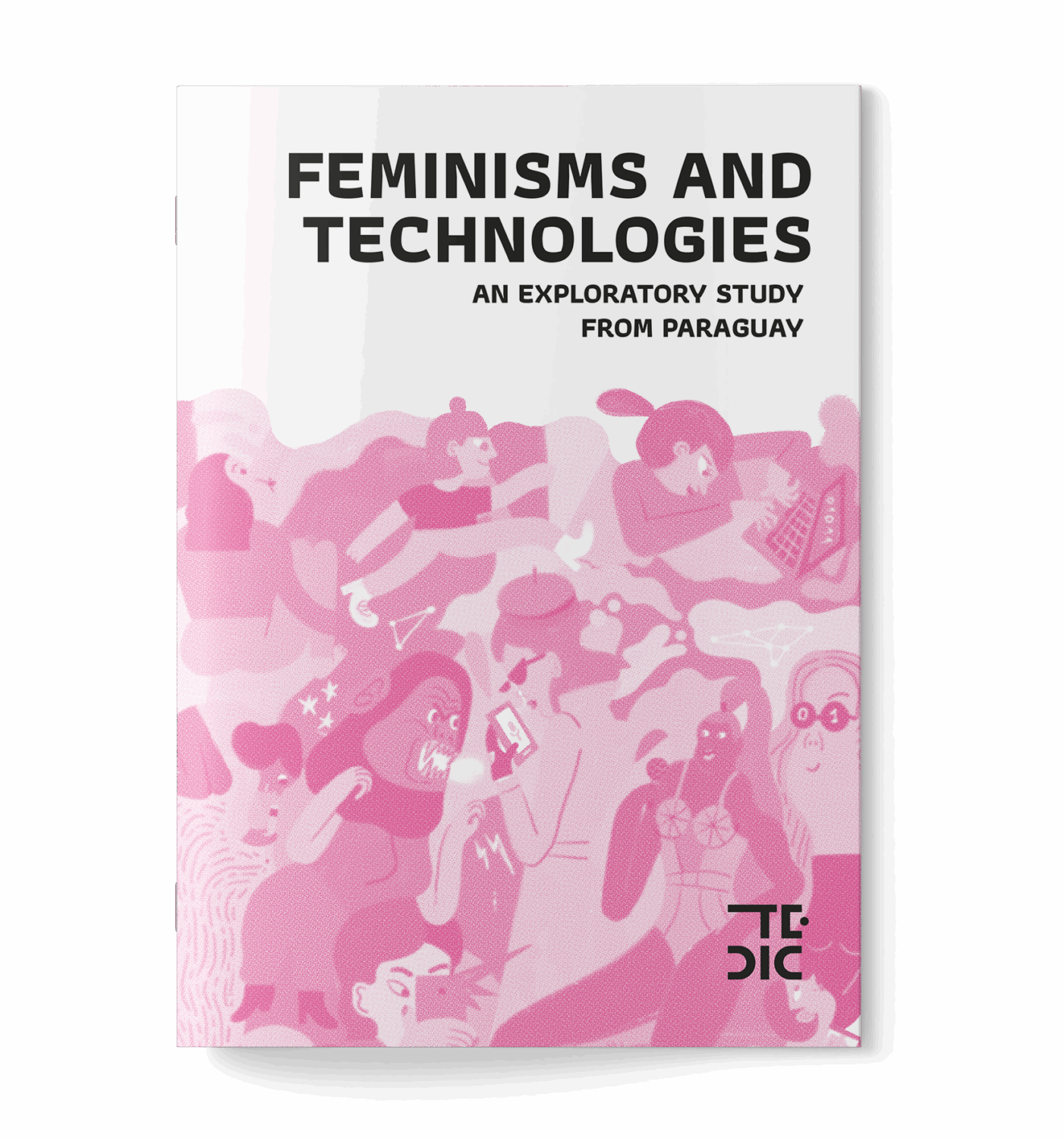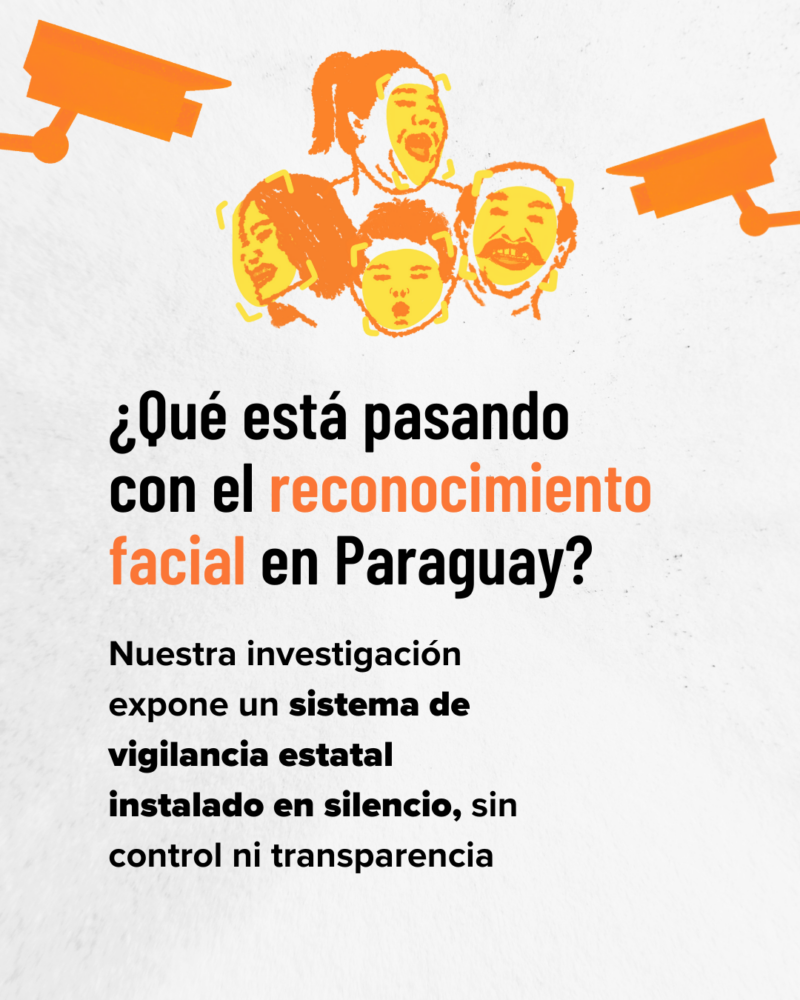
Technological advances have radically transformed the ways in which contemporary societies interact, produce knowledge, and access resources. However, this process has not been uniform or equitable. There is ample evidence showing how technological innovations reflect, but also amplify, pre-existing structural inequalities, especially economic and gender inequalities (Wajcman, 2006; Svampa, 2019; Benjamin, 2019).
The overall objective of the research is to analyze the relationship between feminisms and technologies, incorporating reflections based on theoretical developments generated in the Global South. Several guiding questions are posed: How are technologies designed and developed from a feminist perspective? What is the role of the Global South in the construction of emancipatory technological autonomy? How do digital technologies reproduce or challenge gender inequalities in Paraguay? What strategies and policies can contribute to greater gender equity in the technological sphere?
From a feminist and intersectional perspective, the work starts from the premise that, although technological tools can generate opportunities to improve living conditions, they are also subject to dynamics of exclusion, violence, and control, which affect women and diverse gender identities in different ways. It also presents a theoretical and methodological framework that makes visible the inequalities that are often left out of analyses based on universalist assumptions, which have historically been imposed by a patriarchal, colonial, and capitalist order.
The methodology used combines a qualitative approach with a literature review and interviews with key actors, such as representatives of civil society organizations, academics, and feminist activists. Secondary sources include academic literature, reports from national and international organizations, and data from recent studies on technology and gender in Paraguay. The relevance of this study lies in the scarcity of systematic academic research on the relationship between feminism and technology in the Paraguayan context.
However, it is worth mentioning that Paraguay has not remained aloof from these discussions. For example, in 2014, Asunción hosted the 10th Ibero-American Congress on Science, Technology, and Gender, organized by the Paraguayan Network on Gender, Science, and Technology (Repagcyt), which brought together researchers and academics from across Ibero-America to discuss the intersection between technology and feminism from a critical perspective. Furthermore, the current political and economic context, marked by ultra-conservative policies and little progress in investment in science and technology, underscores the urgent need to delve deeper into these issues in order to promote transformations that benefit broad sectors of society.
Research: Montserrat Fois, Verónica Villalba M., and Jazmín Sánchez.

 Not with my face: The Paraguayan State deploys facial recognition without transparency or oversight
Not with my face: The Paraguayan State deploys facial recognition without transparency or oversight